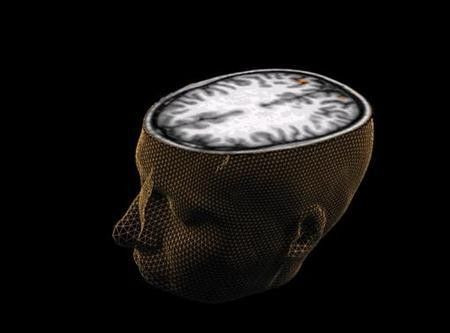Rare diseases Can Be Identified Through Family Photos

Abraham Lincoln suffered from a rare genetic disease called Marfan syndrome, and this was identified by his facial features in photographs by historians. Without expensive testing, it is difficult to diagnose genetic diseases, but now a new computer program is designed to help diagnose rare genetic diseases by using family photographs.
Christoffer Nellaker, Andrew Zisserman and their colleagues at the University of Oxford have designed a computer program to detect disorders and make correct diagnosis by using a photograph of the patient. The program has been tested, and it has been correct 93 per cent of the time. The scientists are hoping that in parts of the world where genetic testing is not available, this program will be useful.
Nellaker told New Scientist that it's not sufficiently accurate to provide a rock-solid diagnosis, but it helps narrow down the possibilities. Doctors will now be turning to this program to help them spot rare genetic diseases.
Six per cent of the people in the world are affected by rare genetic disorders. Down's syndrome can be detected with genetic tests but a lot of rare disorders cannot be diagnosed clinically. This is where this computer program comes into play.
Alastair Kent, Director of Genetic Alliance UK, a charity, said, "Clinicians skilled in the use of facial features to support diagnosis are few and far between. As a result, families frequently experience long delays - years rather than months - before they receive a diagnosis for their child."
Nellaker said that the idea is to offer it to health systems right across the world because all you need is a computer and a digital photo. Though photographic softwares aren't new, this computer program will certainly be a breakthrough in the medical world, helping doctors identify the many rare genetic disorders.
Talking about the computer program, Kent said, "It is a tremendous step forward in shortening the diagnostic journey that families embark on following birth of a child with dysmorphic features. It will provide access to expert advice and guidance for families more quickly and efficiently than is currently possible."





















